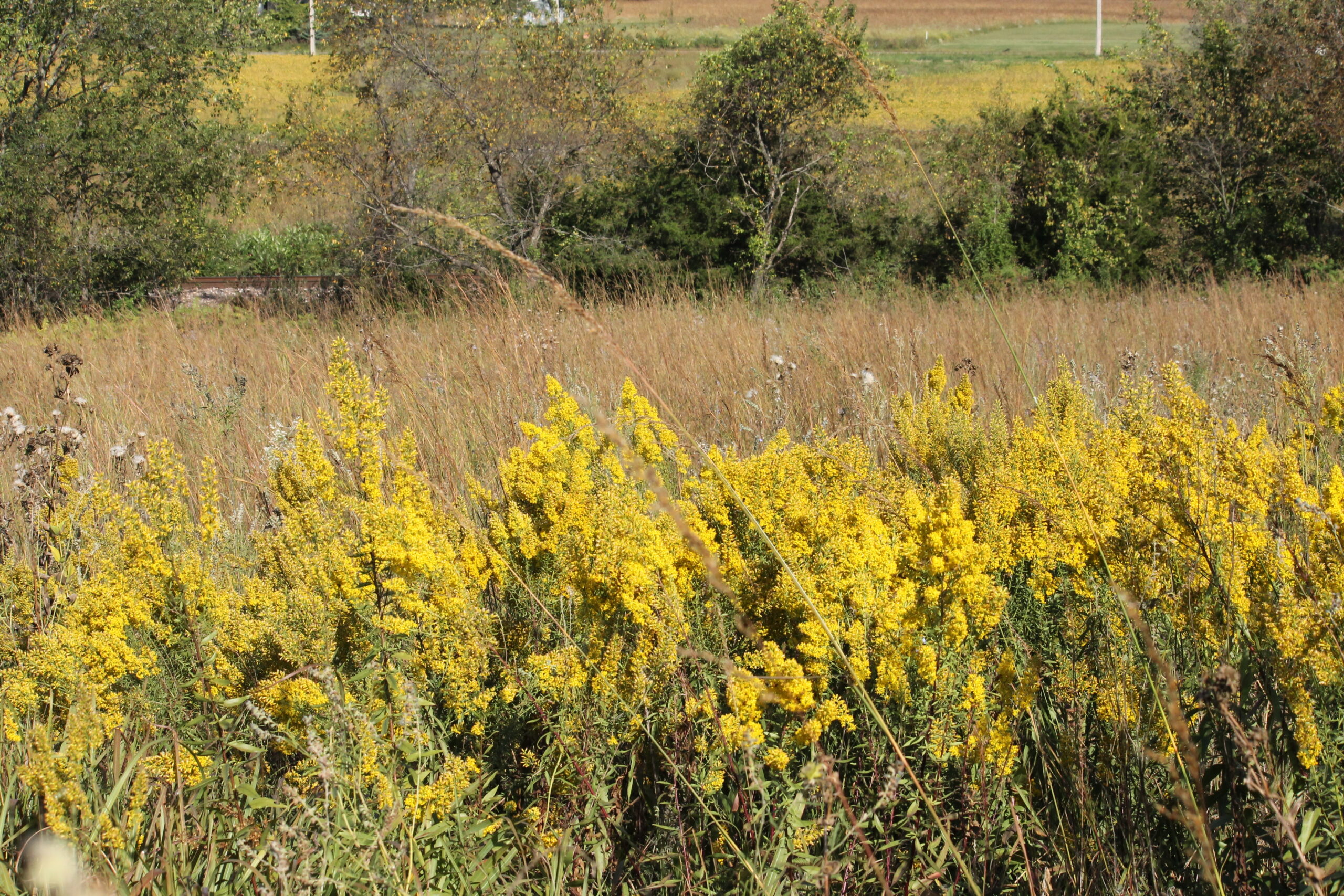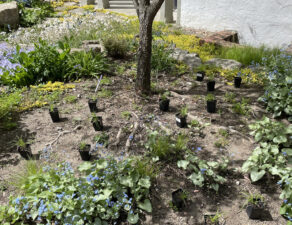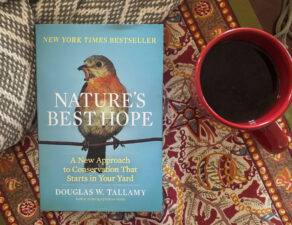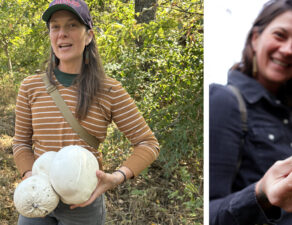
Written by Kate Ludwig, Environmental Program Assistant, Mid-America Regional Council
The American Planning Association (APA) honored the Kansas City Regional Climate Action Plan with an Award for Excellence in Sustainability during the 2022 National Planning Conference in San Diego, California this May. The plan was selected from among an exceptional field for its extraordinary achievement in the state and regional categories. The competitive national award recognizes and celebrates exemplary planning efforts supporting and growing sustainable communities. Tom Jacobs, MARC Director of Environmental Programs, and Karen Clawson, MARC Principal Planner, received the award on behalf of regional partners, local governments, and stakeholders participating in the process.
A Flexible Framework
The Climate Action Plan presents a flexible framework to transform the Kansas City metropolitan area into a more resilient, equitable, and healthy region. With a regional goal of achieving net zero greenhouse gas emissions by 2050, its success hinges on strong leadership and a high level of community collaboration on mitigating climate change. While the plan acknowledges that no individual organization can do everything, it demonstrates how everyone can— and should— do something.
Scalable Strategies to Mitigate Green House Gases
While the Plan offers a wide range of policy and planning opportunities for reducing greenhouse gases (GHGs), nature-based solutions represent many of the foremost recommendations. In addition to aesthetic appeal and broad public support, green infrastructure (in its many forms) provides meaningful, scalable strategies to mitigate GHGs, while at the same time turning to resilient solutions to adapt and meet the key regional climate threats of extreme heat and flooding.
Responsible Land Stewardship
Responsible land stewardship practices in agriculture, forestry, parks, stream corridors, and even public rights of way have astounding potential to draw down and sequester atmospheric carbon, restore soil structure, and retain stormwater. MARC estimates that the existing riparian forests in the region already sequester approximately 600,000 tons of CO2e/year. Undoubtedly, renewable power sources, energy efficiency, and conservation will all be instrumental in dropping emission levels. But new and enhanced sequestration opportunities will finally allow the region to achieve its ambition to reach net zero.
A Nature-Based Climate Action Implementation
A central feature of nature-based climate action implementation within the Kansas City Regional Climate Action Plan is an emphasis on the importance of incorporating native landscaping. Native plant roots grow to depths of nearly 16 feet, improving the soil’s capacity to hold water and reducing downstream flooding. Native plants also support bees for pollination, are drought and flood resistant, and reduce soil erosion. When applied at scale and protected, native landscaping improves ecosystems over time by restoring soil and vegetation health— further expanding the capacity for carbon sequestration.
Achieving Net Zero by 2050
Though ambitious, the set of interrelated strategies promoted by the Climate Action Plan helps local communities customize a path toward achieving net zero greenhouse gas emissions by 2050. Crucially, many of the plan elements for mitigation also enable the region to adapt and bounce forward from the many, now unavoidable, risks posed by climate change. To learn more about the award-winning Kansas City Regional Climate Action Plan and to see what you can do to improve our environment, check out kcmetroclimateplan.org and get involved!







